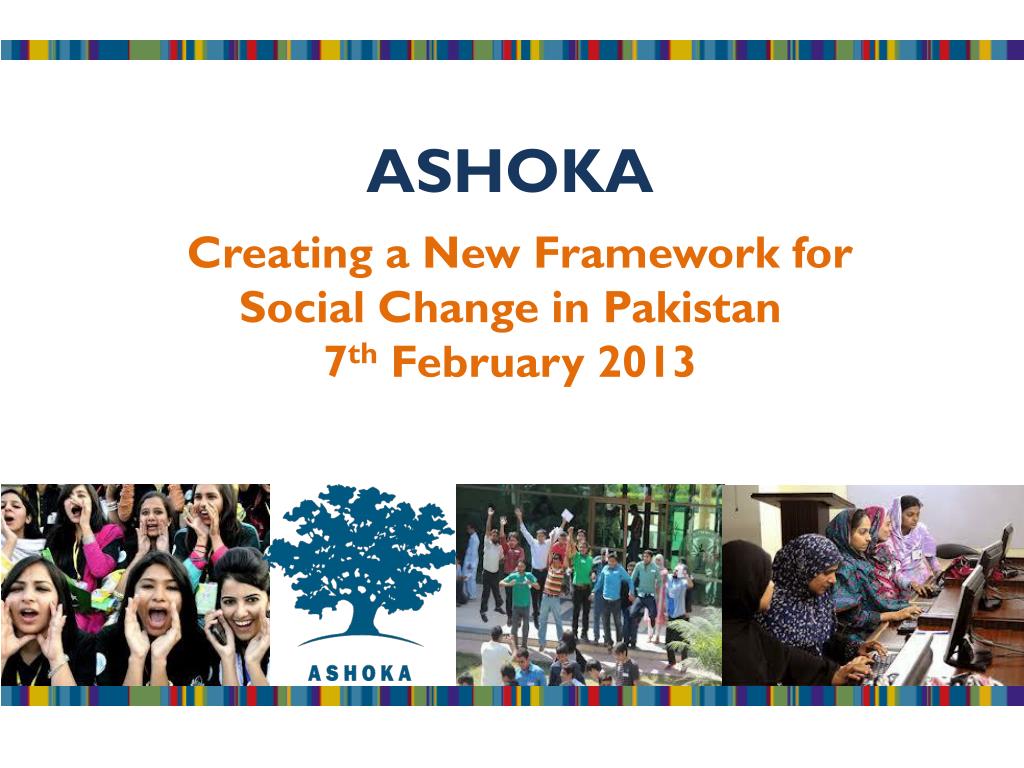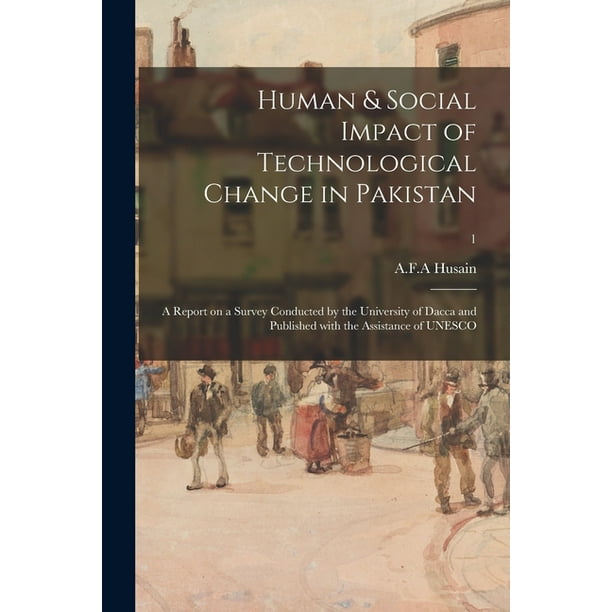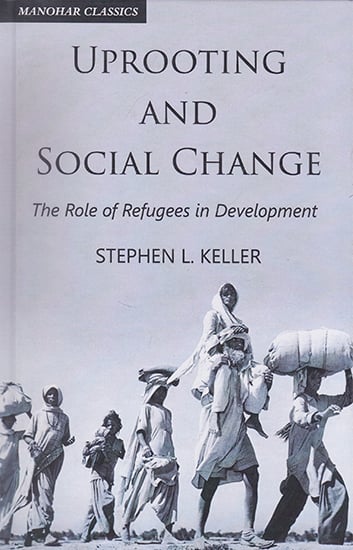Pakistan is a country located in South Asia and is the fifth most populous country in the world. It gained independence from British rule in 1947 and has faced numerous challenges since then, including political instability, economic challenges, and social issues. Despite these challenges, Pakistan has also made significant progress in terms of social change in recent years.
One area where Pakistan has seen significant social change is in the field of education. The country has made great strides in increasing access to education, particularly for girls. In the past, it was common for girls to be denied an education, but today, the situation has improved significantly. The government has implemented various initiatives to promote girls' education, including building new schools and providing financial incentives for families to send their daughters to school. As a result, the literacy rate in Pakistan has increased significantly, and more girls are now enrolled in schools than ever before.
Another area where Pakistan has made significant progress is in terms of women's rights. In the past, women in Pakistan faced numerous challenges, including discrimination, abuse, and limited opportunities. However, in recent years, there have been various efforts to improve the status of women in the country. The government has introduced laws to protect women's rights and has also established various organizations and institutions to promote gender equality. As a result, women in Pakistan are now more empowered and have greater access to education, employment, and political representation.
In addition to education and women's rights, Pakistan has also made progress in terms of healthcare. The country has a high rate of infant mortality and maternal mortality, but there have been various efforts to improve healthcare in the country. The government has invested in the healthcare system and has implemented various initiatives to improve access to healthcare, particularly in rural areas. In addition, various non-governmental organizations (NGOs) have also played a significant role in improving healthcare in Pakistan.
Despite these improvements, Pakistan still faces numerous challenges in terms of social change. Poverty remains a significant problem in the country, and many people struggle to access basic necessities such as food, shelter, and healthcare. In addition, there are still significant issues related to gender inequality and discrimination, particularly in rural areas. There are also ongoing challenges related to corruption, political instability, and terrorism, which have a negative impact on social progress in the country.
In conclusion, Pakistan has made significant progress in terms of social change in recent years. The country has made great strides in increasing access to education, particularly for girls, and has also made progress in terms of women's rights and healthcare. However, it still faces numerous challenges, including poverty, corruption, and political instability, which have a negative impact on social progress. It is important for the government and civil society to continue working together to address these challenges and promote social change in Pakistan.








